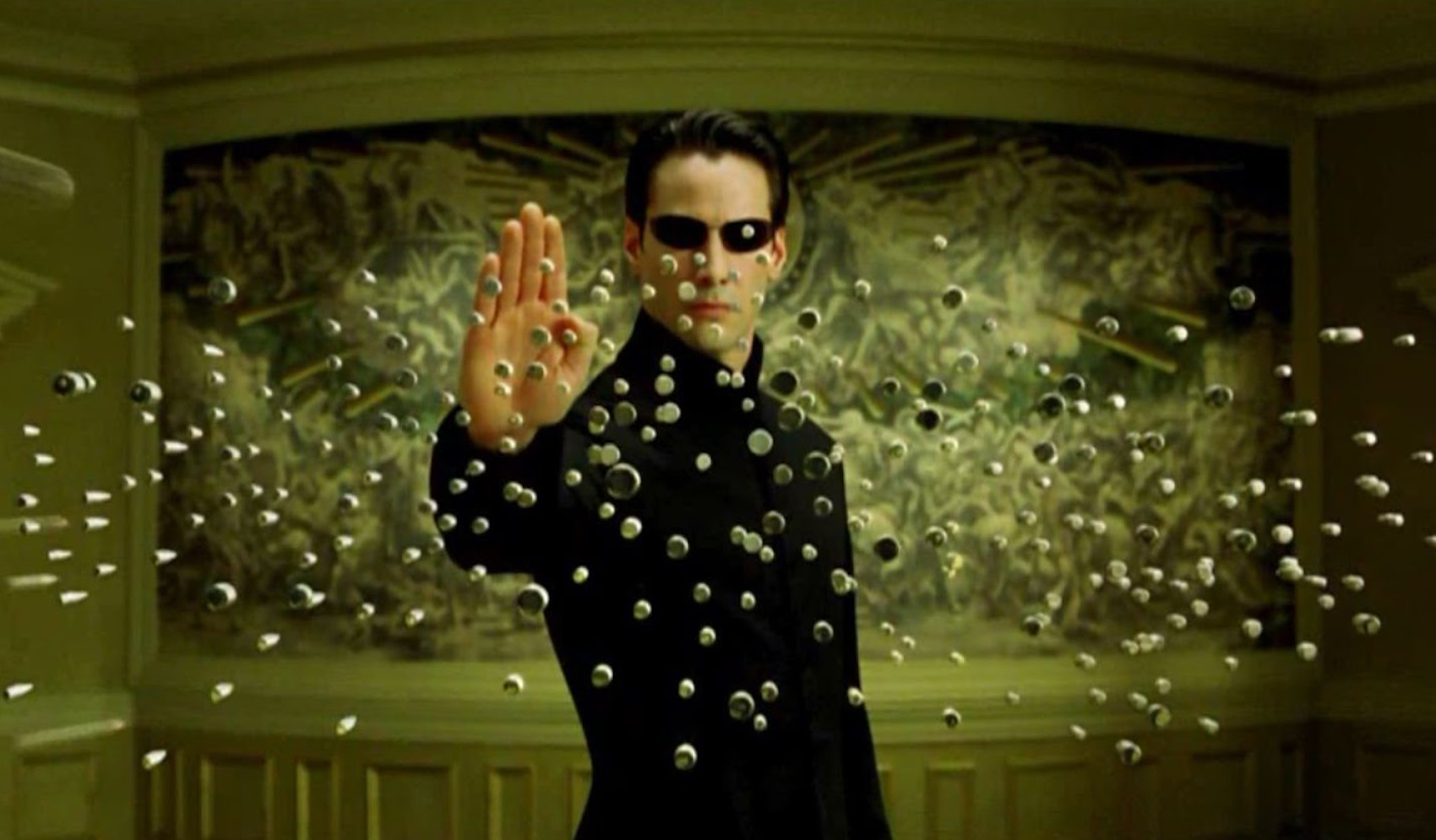Few films in the history of cinema have achieved the iconic status reserved for Rocky, the 1976 sports drama written by and starring Sylvester Stallone. More than just a boxing movie, Rocky has become synonymous with personal triumph, resonating with audiences across cultures and generations. Understanding why this character and his story continue to inspire requires examining several key aspects: the underdog narrative, authenticity, cultural impact, and the film’s real-world parallels.
The Underdog Story: A Tale of Hope and Resilience
At the heart of Rocky lies the timeless appeal of the underdog. Rocky Balboa, a small-time club fighter from Philadelphia, gets the chance of a lifetime to challenge the reigning heavyweight champion, Apollo Creed. He comes from humble beginnings, living in a rundown apartment, working as a debt collector, and dreaming of something bigger. Despite his lack of resources, he faces adversity with relentless perseverance.
This narrative mirrors the personal struggles faced by many. People relate to Rocky’s journey because it reflects real-world scenarios where efforts outweigh natural talent or privilege. He says, “It ain’t about how hard you hit. It’s about how hard you can get hit and keep moving forward.” This quote encapsulates the film’s ethos and articulates why the character stands as a beacon of personal triumph.
Authenticity: Rocky’s Realism Resonates
In contrast to conventional Hollywood protagonists, Rocky presents as imperfect, susceptible, and genuinely real. He grapples with uncertainty, interpersonal connections, and proficiency. Viewers observe his clumsy courtship with Adrian, his strained bond with his friend Paulie, and his quest for recognition both within and beyond the boxing arena. His triumphs are not easily gained; each accomplishment is the result of significant effort.
Furthermore, Stallone’s own journey while creating and starring in Rocky mirror’s his character’s. Stallone, then an unknown actor, refused to sell the script unless he played the lead, eventually making the film on a modest budget. The behind-the-scenes story reinforces the film’s central message—through sheer will and resilience, one can overcome overwhelming odds.
The Global Reach of Cultural Influence: A Shared Story
Rocky’s narrative extends beyond national boundaries. His image ascending the stairs of the Philadelphia Museum of Art has evolved into a worldwide emblem of ambition and achievement. These very steps were formally dubbed “The Rocky Steps,” and visitors globally reenact the famous ascent, commemorating their individual triumphs.
The inspiring theme song, “Gonna Fly Now,” highlights training sequences frequently analyzed and mentioned in film studies, advertising, sports, and public gatherings. Sportspeople, business owners, and ordinary people acknowledge the movie’s influence on their personal pursuits of greatness. Many actual instances demonstrate individuals gaining inspiration from Rocky’s story—marathon participants enduring rigorous training, students overcoming challenges, and countless others relating to Rocky’s unwavering determination.
Lessons in Resilience and Self-Belief
The true nature of Rocky’s triumph is not in winning the fight; in fact, he loses the match by split decision. His victory is found in going the distance, achieving something thought impossible, and redefining what personal success means. The film subverts the traditional sports narrative of simple victory, instead spotlighting self-mastery and inner fulfillment.
Multiple sequels continue to explore these themes, each presenting Rocky with ever-changing challenges—aging, loss, and legacy—demonstrating that personal triumph is ongoing, never static. This nuance distinguishes Rocky from one-dimensional heroic tales.
The Legacy of Rocky as Personal Triumph
Rocky’s ongoing influence is evident in education, business, and even psychology. Academic papers analyze the character’s mindset as an archetype of resilience. Motivational seminars reference his determination as an exemplar for conquering fears and insecurities. The Rocky franchise’s box office success and critical acclaim (with the original film winning three Academy Awards, including Best Picture) reinforce its place in cultural consciousness.
Through its genuine depiction of struggle, realistic foundation, and broad appeal, Rocky transcends being merely a movie; it stands as a cultural benchmark that motivates people to discover resilience in hardship. The story emphasizes that individual victory is not primarily about recognition but rather about the bravery to persist, encouraging others to face their own difficulties, no matter how formidable the obstacles.



